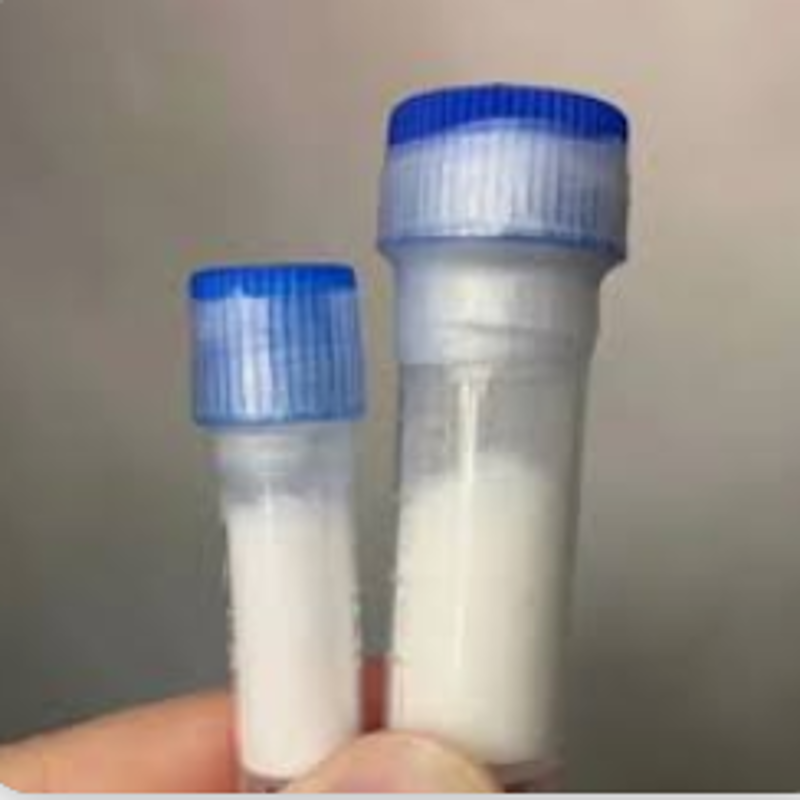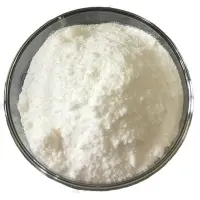-
Categories
-
Pharmaceutical Intermediates
-
Active Pharmaceutical Ingredients
-
Food Additives
- Industrial Coatings
- Agrochemicals
- Dyes and Pigments
- Surfactant
- Flavors and Fragrances
- Chemical Reagents
- Catalyst and Auxiliary
- Natural Products
- Inorganic Chemistry
-
Organic Chemistry
-
Biochemical Engineering
- Analytical Chemistry
-
Cosmetic Ingredient
- Water Treatment Chemical
-
Pharmaceutical Intermediates
Promotion
ECHEMI Mall
Wholesale
Weekly Price
Exhibition
News
-
Trade Service
Several randomized trials have demonstrated the effectiveness
of mechanical thrombectomy (MT) in patients with acute ischemic stroke (AIS) with large vessel occlusion (LVO) and pre-morbidly modified Rankin Scale (mRS) score <2.
However, research on mechanical thrombectomy (MT) in patients with acute ischaemic stroke (AIS) is limited
.
The study aimed to compare the outcomes
of MT with optimal medical treatment (BMT) in these patients.
Nationwide, 462 patients with AIS with pre-stroke disability (modified Rankin Scale [mRS] score ≥3) and acute macrovascular occlusion were identified in the Austrian and Swiss single-centre registers
.
The primary outcome was a return to pre-stroke mRS or better
within 3 months.
Secondary outcomes were early neurological improvement (NIHSS improved ≥ score 8 at 24 to 48 hours), 3-month mortality, and symptomatic intracerebral hemorrhage (sICH).
The results showed that compared with the BMT group (n=175), the MT group (n=175) had a younger age, more severe stroke, and lower mRS before stroke, but a similar
proportion of intravenous thrombolytic therapy.
MT was associated with a higher chance of returning to baseline mRS or better at three months (aOR = 2.
5; 95% confidence interval [CI], 1.
39 to 4.
47), better early neurological improvement (aOR = 2.
62; 95% CI, 1.
41 to 4.
88), and a lower risk of death at three months (aOR = 0.
29; 95% CI, 0.
18 to 0.
49).
However, MT was not associated with an increased risk of sICH (4.
0% vs.
2.
1% of all patients; 4.
2% vs.
2.
4% in the PSM cohort
.
In summary, MT in patients with pre-stroke mRS≥3 may improve outcomes at 3 months and short-term neurological damage, suggesting that pre-stroke disability should not be a reason
to refuse MT.
References:
Mechanical Thrombectomy in Acute Stroke Patients with Moderate to Severe Pre-Stroke Disability.
DOI: https://doi.
org/10.
5853/jos.
2022.
00906







